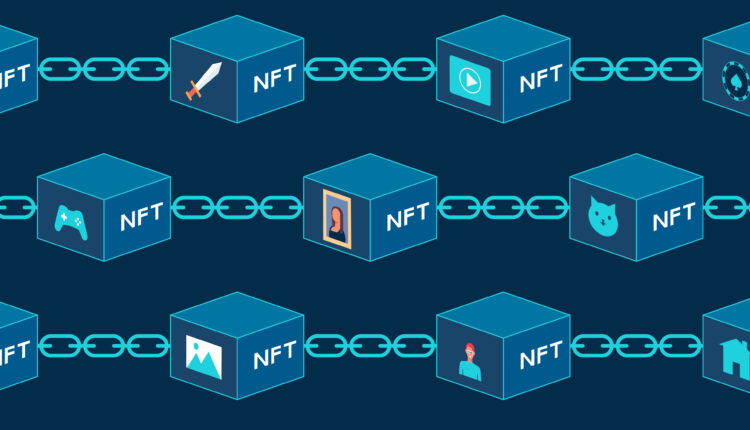
NFT Regulation Is On The Horizon
It is no secret that NFTs will eventually be regulated at the federal level and potentially regulated even more at the state level. The government’s interest in NFTs stems from their meteoric rise in popularity. Monthly NFT sales on the OpenSea platform hit an all-time high of $3.4 billion this past August. Even celebrities such as Melania Trump and Martha Stewart are getting in on the NFT frenzy. The elevated popularity of these unique digital tokens is now catching the eye of the federal government.
How the Government Will View NFTs
There is some discussion as to whether NFTs should be categorized with Bitcoin, BCAP or even the USDT. Regulators are not ready to address this question. EU legislators are currently working on laws pertaining to NFTs. This is precisely why those who own, trade and sell NFTs should start preparing for seemingly inevitable regulation.
Governments across the globe have reacted to digital assets in unique ways. Some view digital currency as an opportunity for money laundering and sidestepping taxes. Though it is technically illegal for anyone to use an alternative to the USD as currency in the United States, the federal government doesn’t seem to be interested in putting the kibosh on Bitcoin or any other digital currency at the current moment. There is a good argument to be made that cryptocurrencies are stores of value and even a form of technology as opposed to strictly alternative forms of currency.
The bottom line is the blockchain has reached a mainstream tipping point, meaning there will likely be regulations at the federal and possibly at the state level yet no cryptocurrencies are likely to be banned outright.
Congress Members’ View of Crypto Miners
Congress was on the verge of labelling cryptocurrency miners as brokers earlier this year. However, the legislative body pivoted, deciding to hold off on an official label. If cryptocurrency miners are eventually considered brokers, they will be required to follow the same standards for reporting as those applicable to brokerages and banks.
There is some question as to whether the United States or other nations will eventually consider an overarching ban on all crypto. As noted above, such an outcome is unlikely. However, there might be nuanced laws pertaining to different types of digital stores of value. It must be noted China essentially outlawed Bitcoin last year. Nigeria also put a blanket ban on using crypto for payments. However, this approach is inherently flawed in the context of economics as it minimizes the amount of commerce conducted with businesses that are unbanked or those that require remittances.
NFTs Might be Viewed in a Different Light
NFTs are not the same as cryptocurrencies. Both are digital stores of value yet NFTs are comparably complex as they are more of digital art than a means of transferring value from one party to the next. In short, it will prove challenging to regulate NFTs. Fungible tokens have utility, can function as a value transfer and also secure value. Therefore, it is difficult to group NFTs with crypto-assets.
NFTs are comparably functional when juxtaposed with digital currencies. NFTs have several forms of utility, serving to provide both security in a digital context and also intellectual property rights. In the end, the federal government might to decide that only certain NFTs are worthy of regulation while others will not require any type of oversight.
As an example, Luxembourg recently grouped NFTs into three specific categories in collective investment instruments, electronic money and financial instruments, each of which has its own respective qualities and regulations.



